
Find Help
More Items From Ergsy search
-
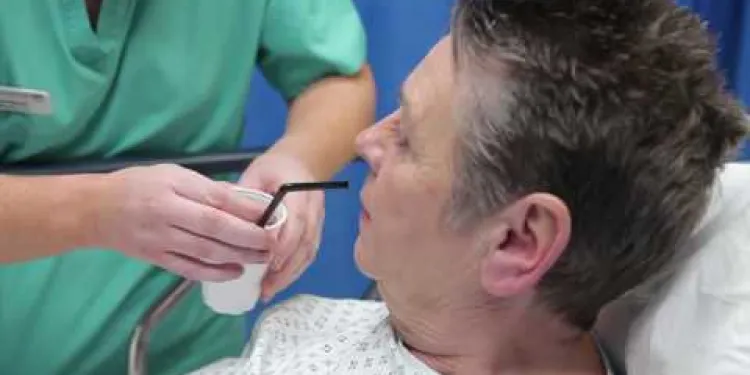
Hip replacement
Relevance: 100%
-

What is a hip replacement?
Relevance: 96%
-

Total Hip Replacement
Relevance: 94%
-
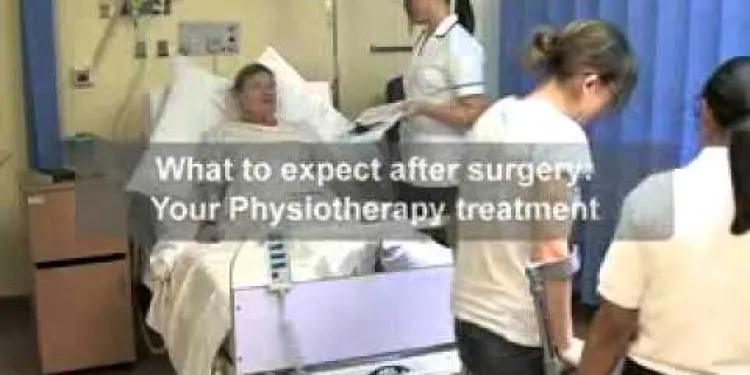
Total hip replacement
Relevance: 94%
-

Do I need a Hip Replacement?
Relevance: 94%
-

Total hip replacement at Northumbria Healthcare
Relevance: 85%
-

Can both hips be replaced at the same time?
Relevance: 84%
-
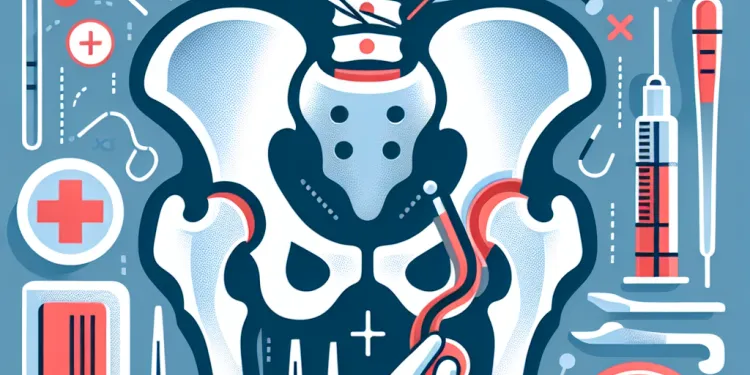
What is minimally invasive hip replacement surgery?
Relevance: 84%
-

What is the recovery time for a hip replacement?
Relevance: 83%
-
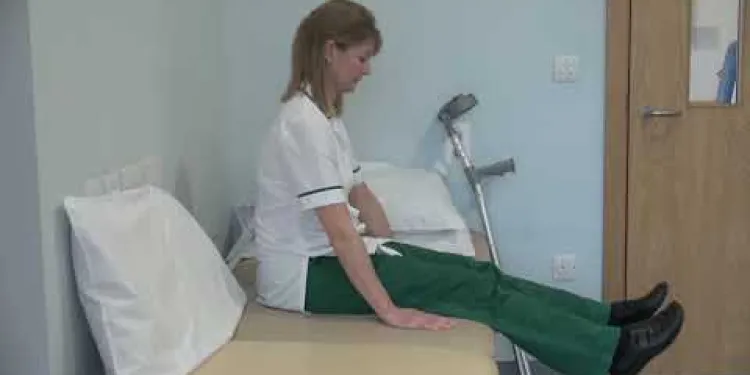
Hip replacement - getting into bed
Relevance: 83%
-
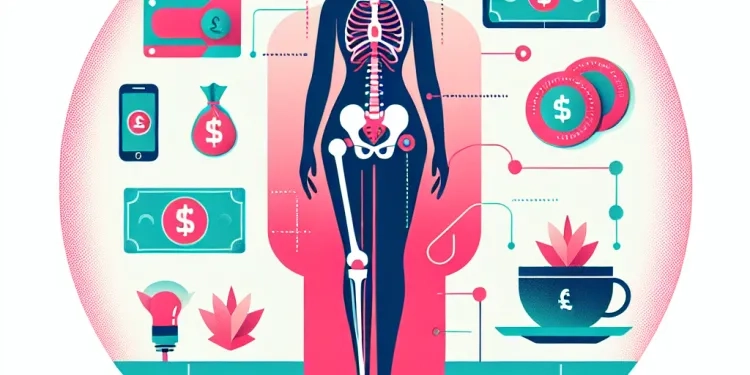
What are the risks associated with hip replacement surgery?
Relevance: 82%
-

How long does a hip replacement surgery take?
Relevance: 80%
-

Will I need physical therapy after a hip replacement?
Relevance: 80%
-

How much does hip replacement surgery cost in the UK?
Relevance: 79%
-

How do I prepare for hip replacement surgery?
Relevance: 77%
-

What type of anaesthesia is used during hip replacement surgery?
Relevance: 76%
-

How long does it take to recover from a hip replacement operation?
Relevance: 72%
-
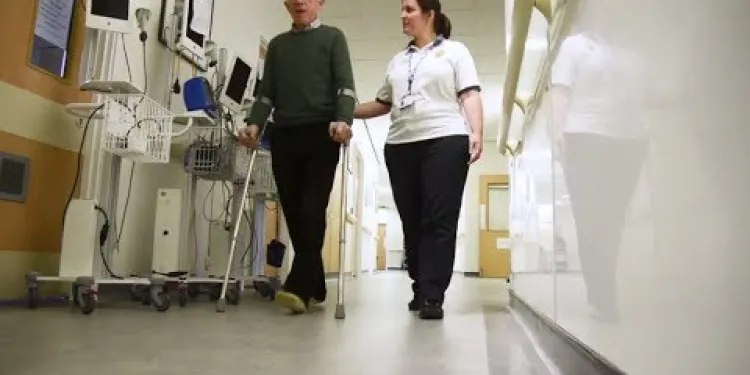
Having a hip replacement - Part Two: Recovery
Relevance: 70%
-

Osteoarthritis of the Hip
Relevance: 67%
-
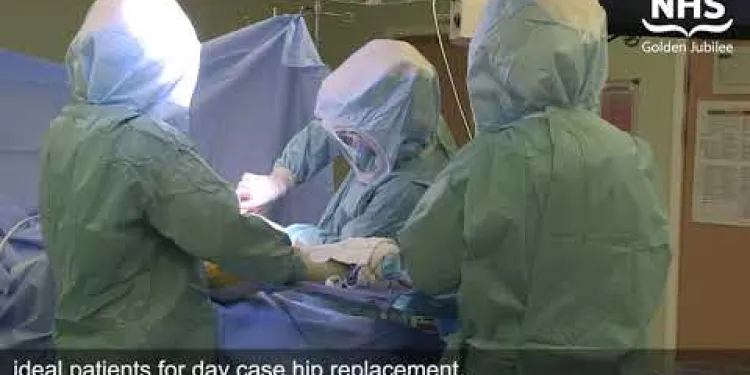
Same day discharge for NHS Golden Jubilee’s hip replacement patients
Relevance: 66%
-

Your anaesthetic choices for your planned hip or knee replacement surgery at the RUH.
Relevance: 64%
-
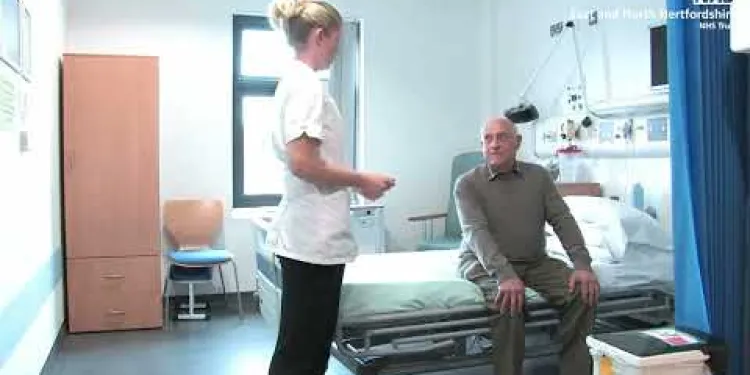
A journey to hip surgery
Relevance: 63%
-

Osteoarthritis of the Hip
Relevance: 62%
-
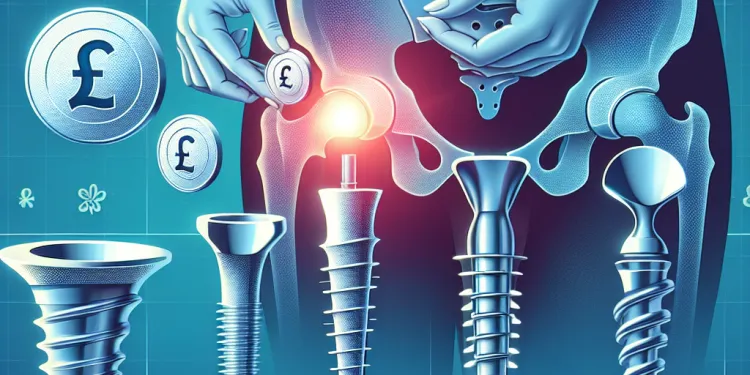
Are there different types of hip implants?
Relevance: 62%
-

How long do hip replacement implants last?
Relevance: 61%
-
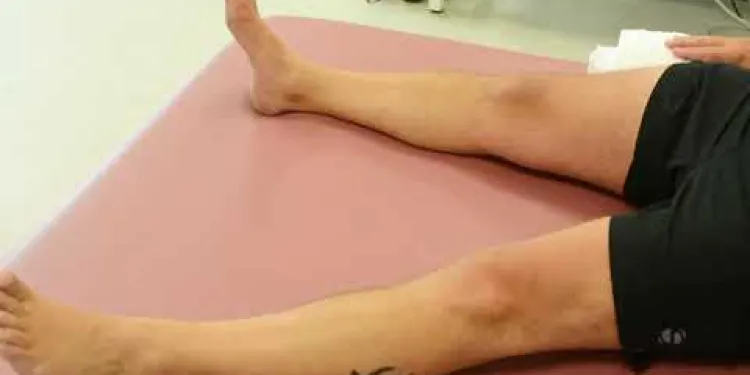
Joint School - Hip Exercises
Relevance: 57%
-

Will I be able to return to normal activities after hip replacement?
Relevance: 56%
-
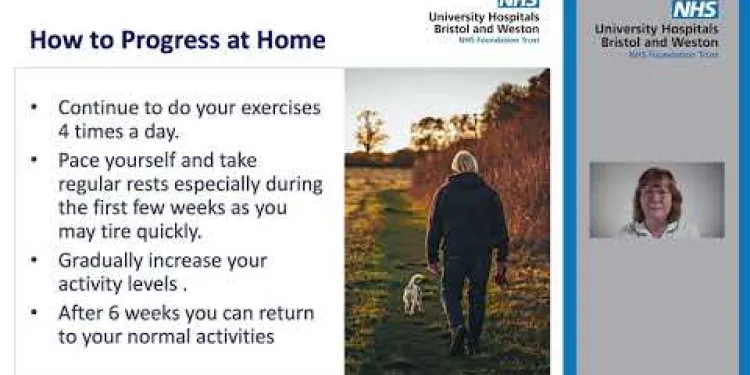
Enhanced Recovery - Hip
Relevance: 48%
-
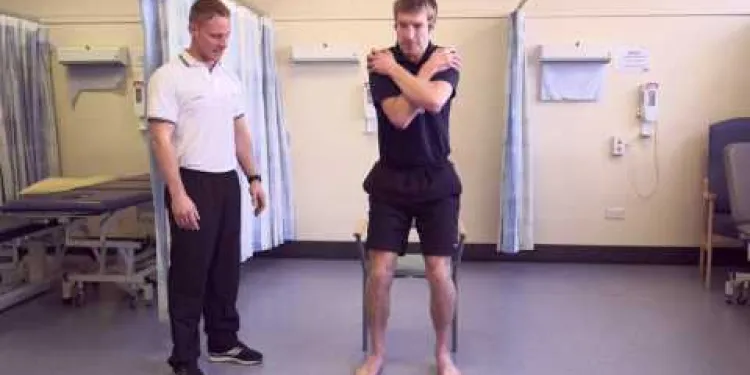
Exercises to help your lateral hip pain
Relevance: 48%
-

What can I expect during the first few weeks after hip replacement surgery?
Relevance: 46%
-
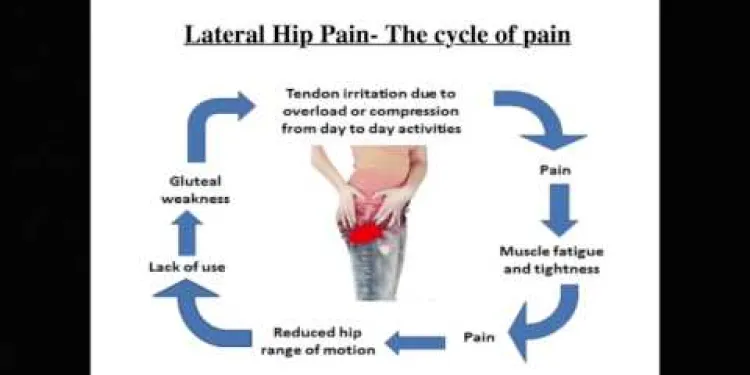
Advice - How to manage your lateral hip pain
Relevance: 46%
-

Who is a candidate for a hip replacement?
Relevance: 46%
-
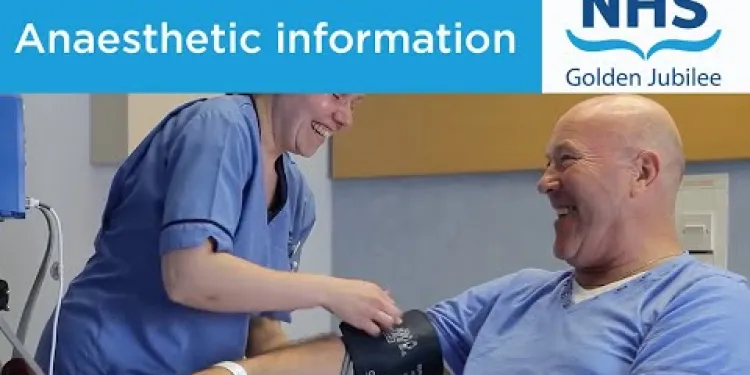
Knee replacement
Relevance: 45%
-

Total Knee Replacement
Relevance: 41%
-

Total knee replacement
Relevance: 41%
-

Is hormone replacement therapy safe for menopause masking?
Relevance: 32%
-

Would a wealth tax replace other taxes in the UK?
Relevance: 32%
-

Can home colorectal cancer tests replace a colonoscopy?
Relevance: 29%
-

Will the digital driving license replace the physical card?
Relevance: 29%
-

Can hormone replacement therapy (HRT) impact dementia risk?
Relevance: 28%
Introduction to Hip Replacement
Hip replacement surgery is a common procedure designed to relieve pain and improve mobility in patients suffering from severe hip arthritis or damage. Recovery from such surgery can be significant, leading many to wonder whether both hips can be replaced at the same time to reduce overall downtime.
Understanding Bilateral Hip Replacement
Bilateral hip replacement refers to the procedure where both hips are replaced during the same surgical session. While less common than single hip replacement, this option can be beneficial for patients suffering from severe bilateral hip disease. The primary advantage of bilateral hip replacement is that it allows the patient to undergo one rehabilitation period instead of two separate ones.
Benefits of Simultaneous Hip Replacement
For patients eligible for simultaneous hip replacements, there are several benefits. Firstly, it reduces the total time spent in surgery and hospital, shortening the disruption to the patient's life. Secondly, it removes the need for two recovery periods, decreasing overall time spent in rehabilitation. Additionally, it may be less stressful for patients psychologically, as they only undergo the surgery process once.
Risks and Considerations
Despite its benefits, simultaneous bilateral hip replacement carries certain risks. The operation itself is longer and may involve greater blood loss, increasing potential complications. Not all patients are suitable candidates for this procedure. Typically, surgeons will assess the patient's overall health, age, and activity level before recommending either single or simultaneous replacements. Obese patients, those with heart disease, or those with other significant health problems may not be ideal candidates due to higher risks associated with longer surgical procedures.
Recovery Process
Recovery from simultaneous hip replacement can be more demanding, as both legs will initially be unable to bear weight. Patients often require intensive physical therapy and support from healthcare professionals and family members. Nevertheless, for patients motivated to regain mobility more quickly, and who are prepared for a demanding rehabilitation process, the single recovery period can be an appealing advantage.
The UK's NHS Approach
In the UK, the National Health Service (NHS) may provide simultaneous hip replacement, but it is often subject to strict eligibility criteria due to the associated risks. Patients need to discuss their specific situation with their healthcare provider, who can offer guidance on the best surgical option based on individual health circumstances.
Conclusion
Deciding to undergo one or two hip replacement surgeries is a deeply personal choice, influenced by health, lifestyle, and recovery expectations. Potential candidates should engage in detailed conversations with their medical team to weigh the benefits and risks appropriately. Bilateral hip replacement may not be suitable for everyone, but for those who are good candidates, it offers the convenience of a single surgery and recovery period.
Introduction to Hip Replacement
Hip replacement surgery helps people who have a lot of hip pain. It makes moving easier. Doctors do this surgery for people with bad hip arthritis or hip damage. Some people think about getting both hips fixed at once to heal faster.
Understanding Bilateral Hip Replacement
Bilateral hip replacement means fixing both hips in one surgery. This is not as common as fixing one hip at a time. It helps people with very bad pain in both hips. The big benefit is having only one time to recover, instead of two separate times.
Benefits of Simultaneous Hip Replacement
Fixing both hips at the same time has benefits. First, you spend less time in surgery and hospital. This means less time away from normal life. Second, you only recover once, which saves time. Also, it might be less scary to have surgery only one time.
Risks and Considerations
Fixing both hips at the same time can be risky. The surgery takes longer and you might lose more blood. Not everyone can have this surgery. Doctors check your health, age, and how active you are before telling you if it's right for you. People who are very overweight or have heart problems might not be good for this surgery because of the risks.
Recovery Process
Recovery from fixing both hips at once can be hard. At first, you can't put weight on your legs. You need a lot of help from doctors, therapists, and family. But if you want to get better quickly and are ready to work hard, having one recovery can be good.
The UK's NHS Approach
In the UK, the NHS sometimes lets you have both hips fixed at once. But they only do this if you're healthy enough because it can be risky. You should talk with your doctor to see what's best for you.
Conclusion
Choosing to fix one or both hips is a big decision. It's about your health, how you live, and how you want to recover. Talk a lot with your doctors to decide what's best. Fixing both hips at once isn't for everyone, but for some, it's an easy way to have one surgery and one recovery.
Frequently Asked Questions
Can both hips be replaced at the same time?
Yes, it's possible to have both hips replaced at the same time in a procedure known as bilateral hip replacement.
What are the benefits of replacing both hips at the same time?
The benefits can include a single surgery and recovery period, less overall time in the hospital, and rehabilitation for both hips simultaneously.
What are the risks of replacing both hips at the same time?
The risks include longer surgery time, increased risk of blood loss, higher chance of complications, and a more challenging initial recovery period.
Who is a good candidate for bilateral hip replacement?
Good candidates typically include those in good overall health, without significant comorbid conditions, and with severe arthritis or disability in both hips.
How long does a bilateral hip replacement surgery take?
Bilateral hip replacement surgery usually takes longer than a single hip replacement, often lasting around 3 to 5 hours.
What is the recovery time for bilateral hip replacement?
Recovery time varies, but most people can expect to return to normal activities within 3 to 6 months with proper rehabilitation.
Are there alternatives to simultaneous bilateral hip replacement?
Yes, alternatives include staging the hip replacements several months apart or exploring non-surgical treatments for symptom management.
How do I prepare for a bilateral hip replacement?
Preparation includes pre-surgical assessments, understanding the surgery and recovery process, and organizing home arrangements for post-surgery care.
What type of anesthesia is used during bilateral hip replacement?
Anesthesia options include general anesthesia or regional anesthesia, such as a spinal or epidural block, depending on the patient's health and surgeon's recommendation.
Will I need physical therapy after bilateral hip replacement?
Yes, physical therapy is crucial after surgery to regain strength, mobility, and function in the hips.
What are the potential complications of bilateral hip replacement?
Possible complications include infection, blood clots, dislocation, differences in leg length, and the need for revision surgery.
How long will I stay in the hospital after bilateral hip replacement?
The average hospital stay is usually around 3 to 5 days, but it may vary based on individual recovery progress.
What is the success rate of bilateral hip replacement?
Bilateral hip replacement has a high success rate with most patients experiencing significant pain relief and improved mobility.
Is bilateral hip replacement more expensive than single hip replacement?
The cost is generally higher due to extended surgery time and additional resources, but there may be some savings with a single hospitalization and recovery period.
How does the recovery process differ from unilateral hip replacement?
Recovery from bilateral hip replacement can be more challenging as both hips are healing simultaneously, requiring more intensive rehabilitation.
Can I walk immediately after bilateral hip replacement?
Patients are usually encouraged to start walking with assistance shortly after surgery to promote circulation and healing.
Will I need a walker or cane after bilateral hip replacement?
Yes, most patients will need mobility aids like a walker or cane during the initial stages of recovery.
Will I be able to return to normal activities after bilateral hip replacement?
Many patients return to normal activities, including low-impact sports, but it may take several months and depends on individual progress.
Can bilateral hip replacement be done minimally invasively?
Minimally invasive techniques may be used, but it depends on the surgeon's expertise and the patient's specific situation.
Will both hips heal equally well after bilateral replacement?
Healing may vary between hips due to individual factors, but overall, patients tend to have good outcomes for both hips.
Can You Get Both Hips Replaced At Once?
Can doctors fix both of your hips during one surgery? Some people need this who have pain in both hips.
It's important to talk to your doctor to see what is best for you.
If reading is hard, ask someone to read with you. You could also use tools like audiobooks or apps that read out loud. These can help you understand better.
Yes, you can get both hips fixed at the same time. This is called a bilateral hip replacement.
Why is it good to have both hips fixed at once?
Having both hips fixed at the same time can be good because:
- You only need to have one surgery. This means you go to the hospital only one time.
- There is one recovery time. You can heal both hips at the same time.
- You can start moving better faster. After healing, you might walk and play more easily.
If you need help reading or understanding this, you can try using tools like:
- Text-to-speech apps. These apps can read the words out loud for you.
- Highlighting tools. These tools can help you keep track of where you are while reading.
- Ask someone you trust to read with you. They can help explain the parts that are hard to understand.
There are good things about having both hips fixed at one time. You only need to have one surgery, which means one time to get better. You spend less time in the hospital. You also do exercises to make both hips strong and healthy at the same time.
What can go wrong if you change both hips at once?
The dangers are:
- The surgery takes a longer time.
- There might be more bleeding.
- Things can go wrong more easily.
- Getting better after the surgery is harder at first.
Here are some tools and tips to help:
- Use simple drawings or charts to understand better.
- Ask someone to explain things slowly.
- Write down questions you have and ask them.
- Use apps that read text out loud.
Who should have both hips replaced?
Good candidates are people who are generally healthy. They should not have other serious health problems. They usually have bad arthritis or trouble in both hips.
How long does it take to have both hips replaced?
When a doctor replaces both hips, it takes more time than replacing just one hip. This surgery can take about 3 to 5 hours.
If you find reading hard or want help, you can:
- Ask someone to read it with you.
- Use apps or tools that read text out loud.
- Take your time and read slowly.
How long does it take to get better after having both hips replaced?
It takes time to get better. Most people feel okay and can do their normal things after 3 to 6 months if they work hard on getting better.
Here are some tips to help:
- Rest when you need to.
- Listen to your doctor's advice.
- Try gentle exercises to get stronger.
- Always ask for help if you are unsure.
What other options are there instead of doing both hip replacements at once?
Yes, there are other choices. You can have the hip replacements done in two steps with a few months in between. Or, you can try other ways to feel better without surgery.
How can I get ready for a hip surgery on both hips?
Getting ready for surgery means doing some important things first. You will have checks before the surgery, learn about what will happen during and after the surgery, and make sure everything at home is set up for when you come back. It can help to use a calendar to keep track of appointments and maybe ask a friend or family member to help out at home.
What kind of medicine helps you sleep during hip surgery on both sides?
When you have surgery on both hips, doctors give you special medicine. This medicine makes you sleep so you don’t feel any pain. There are two main kinds:
- General Anesthesia: This helps you go into a deep sleep. You won’t wake up during the surgery.
- Regional Anesthesia: This medicine numbs the lower part of your body. You might be awake, but you won’t feel any pain.
You can talk to your doctor about which is best for you. They will help you choose. It's okay to ask questions if you have them.
Here are some things that can help:
- Bring a family member or friend to talk with the doctor too. They can help you understand.
- Write down your questions before visiting the doctor so you remember what to ask.
- Use pictures or videos if it helps you learn better.
Before an operation, doctors have different ways to help you not feel pain. They can make you go to sleep with medicine. This is called general anesthesia. Or, they can make just a part of your body numb. This is called a spinal or epidural block. The doctor will choose the best way based on how healthy you are and what the surgeon thinks is best.
Will I need help moving after both hips are replaced?
After you have surgery to get both hips fixed, you might need help to get strong and move well again. This help is called physical therapy. It's like special exercises with a teacher. They show you how to walk, sit, and do other things safely. A walker or cane might be useful, too. Working with a therapist can make you feel better and move easier.
Yes, physical therapy is very important after surgery. It helps you get your strength back and move your hips better.
What problems can happen with hip surgery on both sides?
Sometimes, people have hip surgery on both sides. This can help make walking easier. But, like all surgeries, there can be problems.
Here are some problems that might happen:
- Pain: You might feel sore after the surgery.
- Infection: Sometimes germs can cause an infection.
- Blood Clots: Blood might thicken and cause clots which can be dangerous.
- Joint Stiffness: It might be hard to move the hips.
To feel better faster after surgery, you can:
- Do gentle exercises as your doctor says.
- Take medicine if you feel pain.
- Follow your doctor’s advice and rest when needed.
If you have trouble reading, you can ask a family member or friend to help you understand.
Sometimes problems can happen, like getting an infection, having blood clots, or a bone moving out of place. Your legs might also be different lengths, or you might need another surgery to fix things.
Here are some things that can help:
- Using tools that help you understand things better, like pictures or videos.
- Talking to a doctor or nurse if you have questions.
- Asking someone you trust for help when reading or talking about your health.
How long will I be in the hospital after getting both hips replaced?
If you have surgery to replace both of your hips, you might need to stay in the hospital for a few days. Make sure you have someone to help you when you go home.
Tip: It can be helpful to use a calendar to track your recovery days. You might also find it useful to have a family member or friend help you with your recovery plan.
Most people stay in the hospital for about 3 to 5 days. But some people might stay longer or go home sooner, depending on how quickly they get better.
Tools that can help:
- Ask someone to explain things you don't understand.
- Use pictures and simple words to remember things.
How often do people get better after having both hips replaced?
Getting both hip joints replaced usually works well. Most people feel much less pain and can move around better.
Does getting two new hips cost more than getting one new hip?
The price is usually more because the surgery takes longer and needs more things. But you might save some money because you only have to stay in the hospital once and get better one time.
How is getting better different with one hip surgery?
Getting better after having both hips replaced can be harder because both hips need to heal at the same time. This means you will need more help and exercises to get strong again.
Can I walk right after my two hip surgeries?
Doctors and nurses ask people to try walking a little bit with help soon after surgery. Walking helps blood move around the body and helps you get better faster.
Will I need a walker or cane after getting both hips replaced?
After getting both hips replaced, you might need to use a walker or a cane to help you move around. These can help you feel steady and stop you from falling.
Some people need them for a short time, while others might use them longer. Your doctor or therapist will help you decide what's best for you.
It can be helpful to ask friends or family to support you as you learn to walk again. You can also talk to a physical therapist who can show you exercises to get stronger.
Yes, most people will need to use things like a walker or a cane to help them move around when they are starting to get better.
Can I do my usual things after getting both hips replaced?
Many people can go back to their usual activities, like gentle sports. This might take a few months. Everyone is different and needs to heal at their own pace.
Can both hips be replaced with a small operation?
Doctors can sometimes use small tools for surgery. This means they don’t cut much. But it depends on the doctor’s skills and what the patient needs.
Will both hips get better after a hip surgery on both sides?
When you have surgery to fix both hips, it might take time for them to heal. It's important to follow your doctor's advice and do exercises to help.
Sometimes, one hip might heal faster than the other. Always tell your doctor if anything feels wrong.
Using special tools, like a good chair or crutches, can help you move around while healing.
Make sure you go to all your doctor appointments to check how your hips are healing.
Each hip might get better in a different way because everyone is different. But, most people feel good in both hips after healing.
Useful Links
This website offers general information and is not a substitute for professional advice.
Always seek guidance from qualified professionals.
If you have any medical concerns or need urgent help, contact a healthcare professional or emergency services immediately.
Some of this content was generated with AI assistance. We’ve done our best to keep it accurate, helpful, and human-friendly.
- Ergsy carfully checks the information in the videos we provide here.
- Videos shown by Youtube after a video has completed, have NOT been reviewed by ERGSY.
- To view, click the arrow in centre of video.
- Most of the videos you find here will have subtitles and/or closed captions available.
- You may need to turn these on, and choose your preferred language.
- Go to the video you'd like to watch.
- If closed captions (CC) are available, settings will be visible on the bottom right of the video player.
- To turn on Captions, click settings .
- To turn off Captions, click settings again.
More Items From Ergsy search
-

Hip replacement
Relevance: 100%
-

What is a hip replacement?
Relevance: 96%
-

Total Hip Replacement
Relevance: 94%
-

Total hip replacement
Relevance: 94%
-

Do I need a Hip Replacement?
Relevance: 94%
-

Total hip replacement at Northumbria Healthcare
Relevance: 85%
-

Can both hips be replaced at the same time?
Relevance: 84%
-

What is minimally invasive hip replacement surgery?
Relevance: 84%
-

What is the recovery time for a hip replacement?
Relevance: 83%
-

Hip replacement - getting into bed
Relevance: 83%
-

What are the risks associated with hip replacement surgery?
Relevance: 82%
-

How long does a hip replacement surgery take?
Relevance: 80%
-

Will I need physical therapy after a hip replacement?
Relevance: 80%
-

How much does hip replacement surgery cost in the UK?
Relevance: 79%
-

How do I prepare for hip replacement surgery?
Relevance: 77%
-

What type of anaesthesia is used during hip replacement surgery?
Relevance: 76%
-

How long does it take to recover from a hip replacement operation?
Relevance: 72%
-

Having a hip replacement - Part Two: Recovery
Relevance: 70%
-

Osteoarthritis of the Hip
Relevance: 67%
-

Same day discharge for NHS Golden Jubilee’s hip replacement patients
Relevance: 66%
-

Your anaesthetic choices for your planned hip or knee replacement surgery at the RUH.
Relevance: 64%
-

A journey to hip surgery
Relevance: 63%
-

Osteoarthritis of the Hip
Relevance: 62%
-

Are there different types of hip implants?
Relevance: 62%
-

How long do hip replacement implants last?
Relevance: 61%
-

Joint School - Hip Exercises
Relevance: 57%
-

Will I be able to return to normal activities after hip replacement?
Relevance: 56%
-

Enhanced Recovery - Hip
Relevance: 48%
-

Exercises to help your lateral hip pain
Relevance: 48%
-

What can I expect during the first few weeks after hip replacement surgery?
Relevance: 46%
-

Advice - How to manage your lateral hip pain
Relevance: 46%
-

Who is a candidate for a hip replacement?
Relevance: 46%
-

Knee replacement
Relevance: 45%
-

Total Knee Replacement
Relevance: 41%
-

Total knee replacement
Relevance: 41%
-

Is hormone replacement therapy safe for menopause masking?
Relevance: 32%
-

Would a wealth tax replace other taxes in the UK?
Relevance: 32%
-

Can home colorectal cancer tests replace a colonoscopy?
Relevance: 29%
-

Will the digital driving license replace the physical card?
Relevance: 29%
-

Can hormone replacement therapy (HRT) impact dementia risk?
Relevance: 28%


